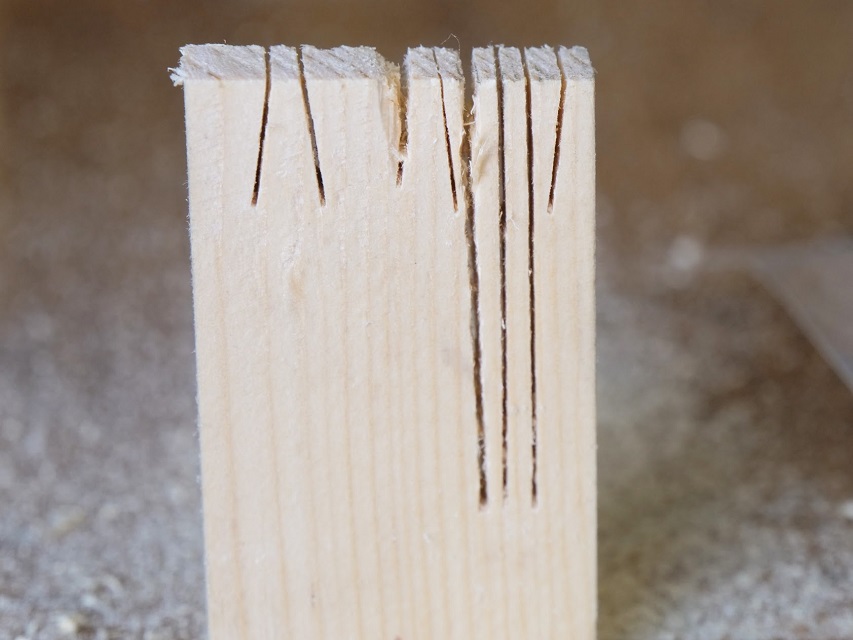Martin van Staden reports on post-Apartheid South Africa’s drift back toward repressive rules, veiled by political correctness:
After the end of Apartheid in 1994, nobody would have guessed that South Africa would be making many of the same mistakes as the Apartheid regime only two decades later, from censoring speech to violating agricultural property rights.
In our process of transformation, we were supposed to move away from the Apartheid mentality. Instead, we have doubled down on many of the same policies: the so-called Prevention and Combating of Hate Crimes and Hate Speech Bill of 2016 is perhaps the gravest threat to freedom of expression which South Africans have ever faced; at least since the Suppression of Communism Act was repealed.
The Hate Speech Bill of 2016
The bill, which is still being debated in Parliament, provides that someone guilty of hate speech can be imprisoned for up to three years, and, if they are convicted of it again, up to 10 years. Given the serious punitive nature of this sanction, you would imagine the bill has a strict definition of “hate speech.” But you would be wrong.
Hate speech is defined as any communication which is insulting toward any person or group, and which demonstrates a clear intention to bring contempt or ridicule based on 17 protected grounds. Such grounds include race, gender, sex, belief, culture, language, gender identity, and occupation or trade. But insult is an extremely low threshold of offense, especially if it is considered with protected characteristics like belief and occupation. In other words, someone can theoretically be imprisoned for saying, “Politicians are thieving liars!”
Recently, the former leader of the opposition tweeted that “not all” of the legacies of colonialism have had detrimental results in South Africa. The ruling party subsequently called on Parliament to fast-track the Hate Speech Bill so instances like that can be dealt with. This signifies that political persecution is not off the table, and that the ruling party has shown its interest in using the proposed law against opponents.
[…]
Apartheid was fundamentally an anti-property rights system masquerading as a Western democracy fighting against Soviet communism. American economist Walter Williams wrote in 1990 that “South Africa’s history has been a centuries-long war on capitalism, private property, and individual rights.”
Duncan Reekie of the University of the Witwatersrand agreed that “Protestations from Pretoria notwithstanding, the South African regime has been one of national socialism.” Indeed, wage boards, price control boards, and spatial planning boards were commonplace in the effort to suppress black South Africans’ desire to engage in the economy on the same terms as whites.
The Suppression of Communism Act was used exclusively for political persecution by the previous regime. Anyone of significance who opposed racist policies in public could be branded as “communists” who wanted to overthrow the government. The Hate Speech Bill will have the same effect, but it will be shielded by the veneer of political correctness. With the new Bill, the government claims to give effect to a democratic mandate – a privilege the Apartheid regime did not enjoy – but the consequences will be substantially the same: a chilling effect throughout the country for anyone who dares to oppose the political class.




